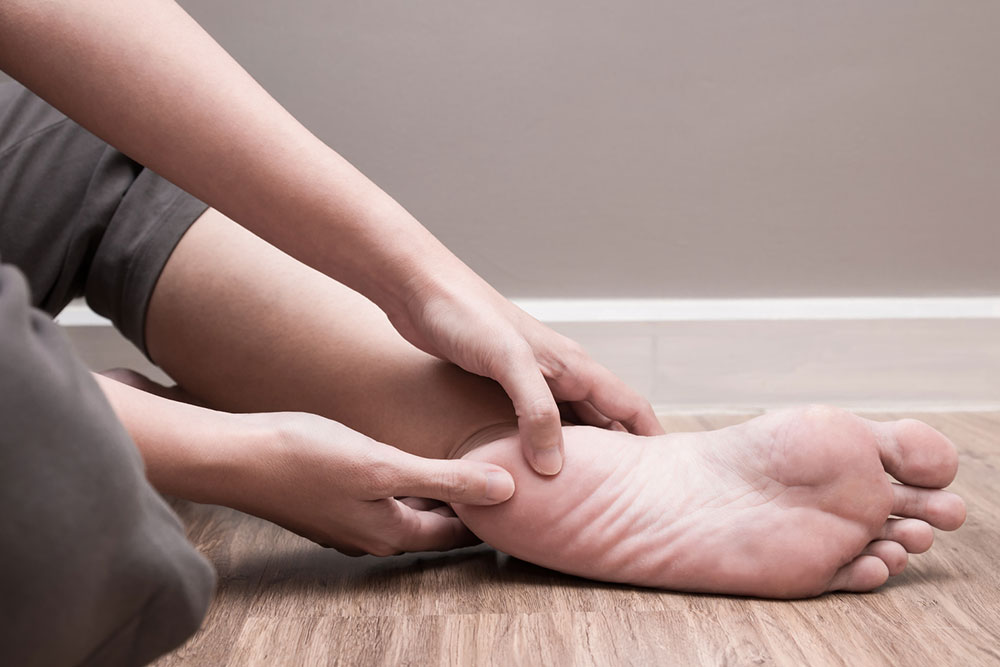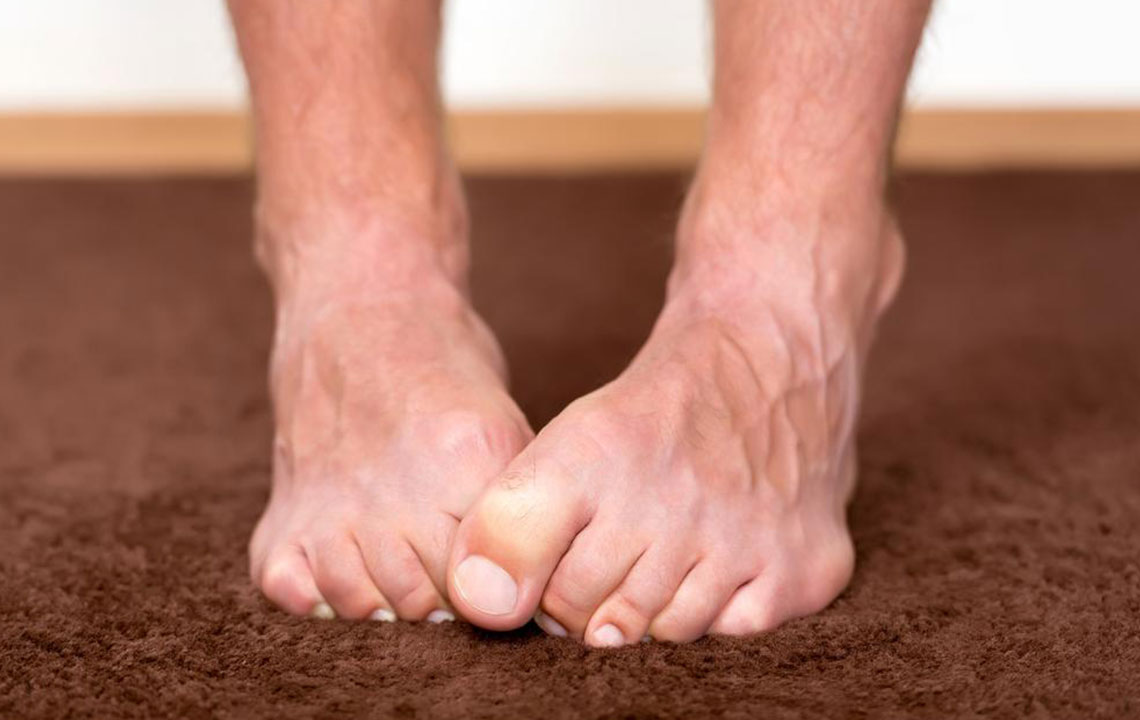Understanding Foot Neuropathy: Causes, Signs, and Treatment Options
Foot neuropathy causes pain and mobility issues due to nerve damage. It can result from diabetes, injuries, toxins, or autoimmune diseases. Symptoms include numbness, tingling, burning, and balance problems. Treatment options encompass medications, topical creams, physical therapy, and alternative therapies like acupuncture. Early diagnosis and proper management can alleviate symptoms and improve quality of life. Understanding the causes and available treatments is crucial for those affected by this condition.

Understanding Foot Neuropathy: Causes, Signs, and Treatment Options
Foot neuropathy can cause significant discomfort and disrupt daily life. Since your feet support your entire body weight, nerve issues here can hamper mobility and overall health.
Neuropathy involves nerve damage affecting the peripheral nervous system. Sensory nerves transmit sensations like pain and temperature, motor nerves control muscle movements, and autonomic nerves regulate functions such as heartbeat and digestion.
Symptoms of Foot Neuropathy
If you experience nerve damage in your feet, common symptoms include:
A sudden numbness that starts in the toes and spreads upward to the feet and legs.
Tingling or prickling sensations.
Sharp, stabbing pains across the soles.
Burning, freezing, or throbbing discomfort.
Heightened sensitivity to touch in affected areas.
Balance issues and frequent falls.
Potential paralysis as motor nerves weaken.
Dizziness, lightheadedness, and blood pressure fluctuations.
Causes of Foot Neuropathy
Nerve damage in the feet can result from various factors, including:
Heavy alcohol use, which impairs nerve function and causes vitamin deficiencies.
Autoimmune conditions such as lupus and rheumatoid arthritis.
Exposure to toxins, chemicals, or heavy metals.
Diabetes, a major contributor to neuropathy.
Side effects of treatments like chemotherapy.
Infections like Lyme disease, hepatitis C, HIV, and diphtheria.
Genetic predisposition or family history of neuropathy.
Nerve injuries due to accidents or repetitive pressure.
Presence of tumors or growths pressing on nerves.
Vitamin deficiencies, especially B1, B6, B12, and E.
Other health issues such as liver, kidney, thyroid, or connective tissue diseases.
Managing neuropathic pain
Dealing with nerve pain in your feet can be challenging, but various treatments can alleviate symptoms:
Medications like tramadol and oxycodone for pain relief.
Topical creams containing capsaicin to reduce numbness and discomfort.
Anticonvulsants such as gabapentin and pregabalin to ease nerve pain, with potential side effects like dizziness.
Antidepressants can help improve chemical balances, reducing pain, but may cause nausea or dry mouth.
Engaging in gentle exercises and physical therapy to boost circulation and lessen numbness.
Acupuncture as an alternative therapy to relieve nerve-related symptoms.
Effective treatment and consultation can help manage foot neuropathy, restoring mobility and quality of life.
Important Notice:
Our blog offers insights across various health topics based on research and expert data. However, content should not replace professional medical advice. The site is not responsible for discrepancies or new developments beyond our coverage. Always consult healthcare professionals for diagnosis and treatment decisions.










